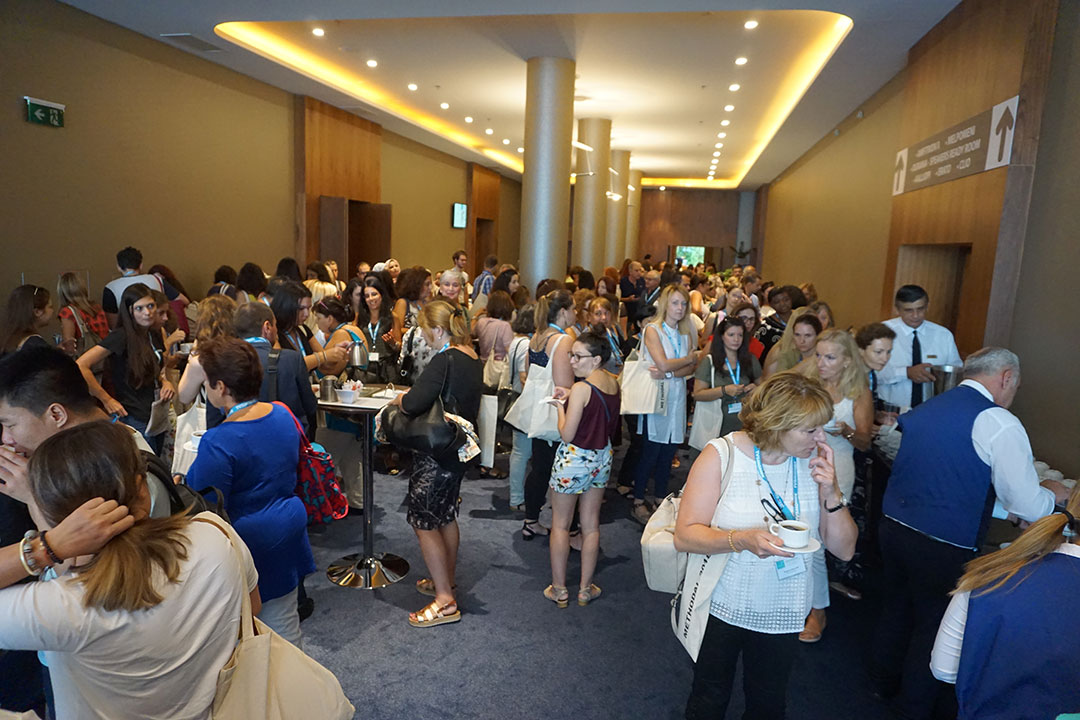The formation of a context of α literacy pedagogy with the implementation of innovative teaching methods: The role of the text to the conquer of literacy during teaching of Greek as a second/ foreign language
The term literacy, in its wider meaning, is a complicated phenomenon, a social institution with a lot of texts cultural, social and cognitive aspects (Baynham, 2002). The definition of the meaning of literacy is relevant to the social practices and conditions, which form different genres to the occasional communicative frame (Hasan & Williams, 1996; Street, 1995). The basic theoretical views, which developed around the meaning of literacy, later influenced the pedagogical practices forming a new frame, known as “literacy pedagogy” (Cope & Kalantzis, 1993).
The understanding of a text is a result of a procession, during which the individual learns to spot the role from different linguistic and non-linguistic elements to the prominence of the structure and its informative organization (Kress, 1994). The elaboration and the production of text as “a main means of school literacy” is considered extremely important for the transmission of knowledge to diverse domains with a view to developing critical language awareness (Fairclough, 1992). As a consequence, the conquer of critical literacy is a process of the formation of lectures which is revealed and defined through the interaction of texts and interactive activities (Baynham, 2002).
Concerning the above, in the present paper the definition and the historical evolution of the literacy meaning is attempted, on a first level, emphasizing the role of functional and critical literacy, as well as of New Technologies (digital literacy), through the implementation of innovative teaching methods, during the teaching of the Greek language as a second/ foreign language. Next, the transition from the above meanings to the literacy pedagogy and multiliteracies is examined (Cope & Kalantzis, 2000).
In conclusion, our teaching proposal has a target to create comprehension and production activities and exercises in a frame of practical applications, which compose a teaching plan concerning different text genres of Modern Greek school guides of Junior High School grades and teaching guides of the Greek Language as a second / foreign language. Finally, the need for the development of necessary skills for the text production is highlighted, which combine different semiotic means (linguistic, visual, acoustic), are based on different teaching models and are produced in multiform and multicultural social environments (multiliteracies) (Krashen, 1984).
